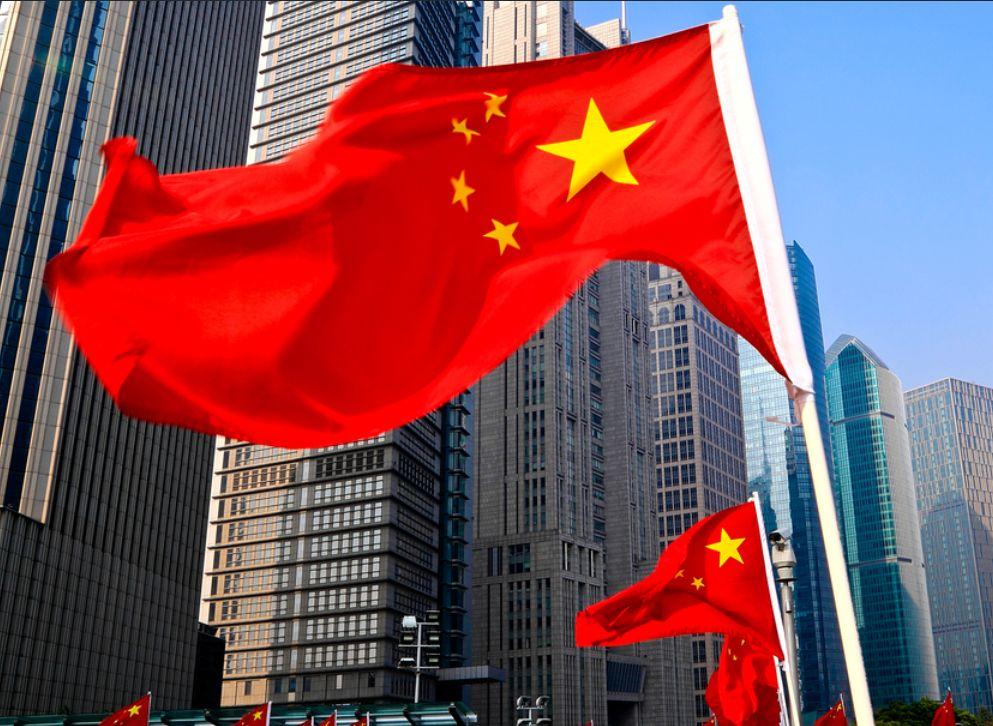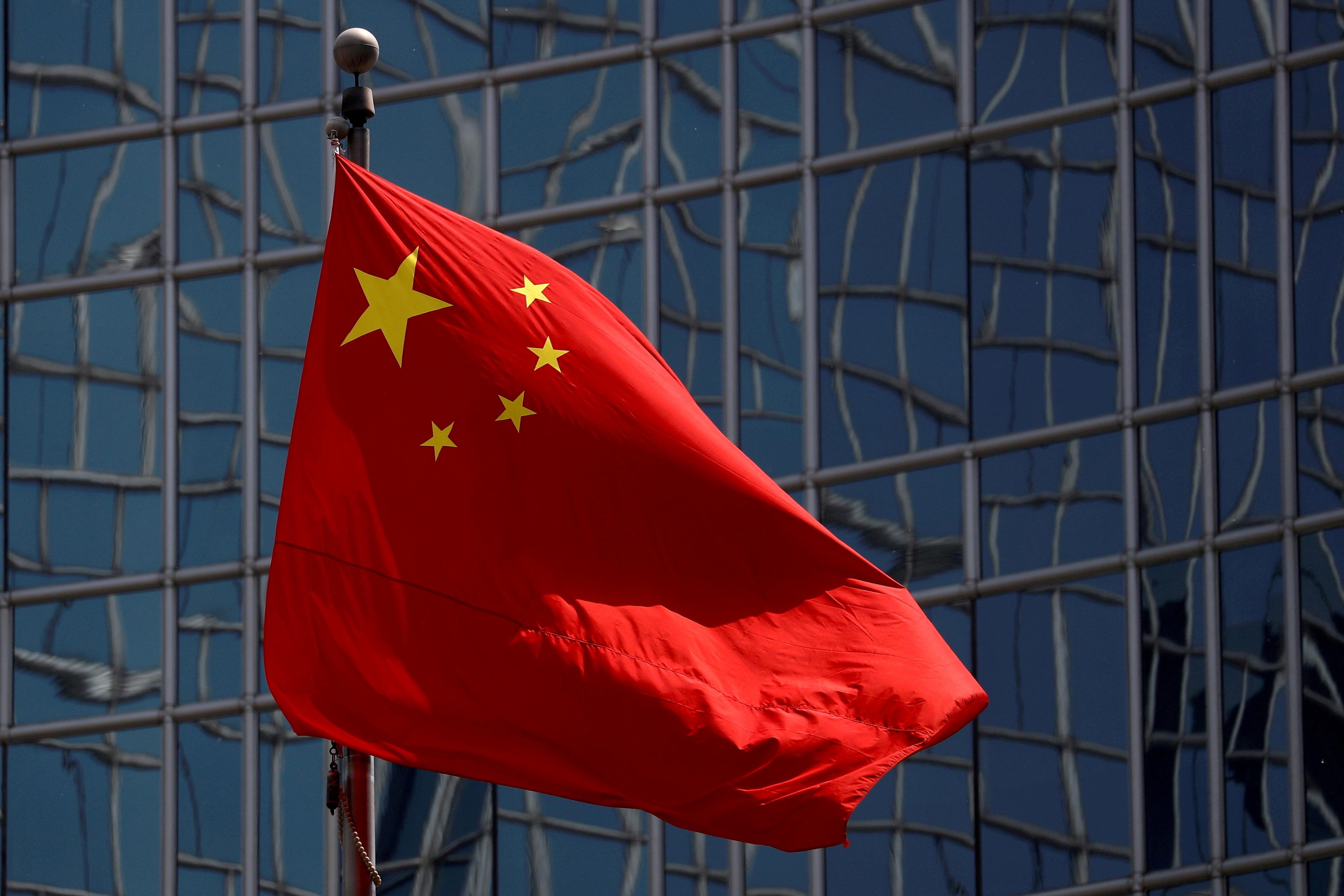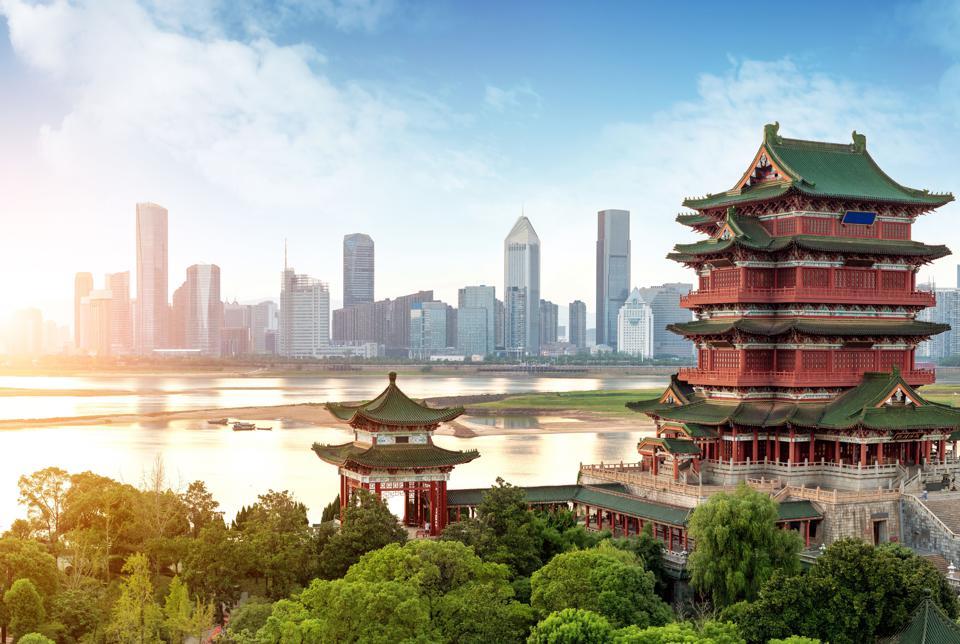China: Structural problems ahead next party congress Scene-setter by Mikhail Magid
There is a viewpoint according to which the Chinese government plans its moves for decades ahead. In reality, as Russian expert on China Alexander Gabuyev points out, there is nothing farther from the reality than such ideas about China. China's policy is pragmatic, based on the principle once formulated by Deng Xiaoping: "Cross the river carefully by feeling the stones".
Of course, the state has long-term projects. For example, "The Belt and Road" is a doctrine for creating a system of land, sea and air communications capable of transforming all of Eurasia into a single market, and, no less importantly, into a sphere of political influence for China. After all, if it succeeds, a significant part of the infrastructure of Europe and Asia will be under Beijing's control. However, this project lacks a strictly specific plan, it is constantly being adjusted, and some experts have expressed doubts about its effectiveness and profitability. They point out that perhaps up to half of the investments of state companies in "The Belt and Road" doctrine do not pay off.

Nevertheless, a pragmatic strategy has, until recently, been a success for China. But now, according to the authors of The Economist's April 16 editorial, Shanghai shows little sign of strategic genius. Even when the rest of the world has resumed work, 24 million people are isolated in the city, trapped in their apartments and facing food and medicine shortages. It seems that the "zero Covid" policy, which initially seemed to be a success, has become a dead end.
It should be noted here that China's leader Xi Jinping has made some changes to the country's policy. First of all, these are grandiose projects, from the forcing of "The Belt and Road" to the possibility of forcefully annexing Taiwan. These projects include the establishment of absolute personal power, the crushing of inner-party clans and the proclamation of Xi as the most important figure in Chinese history, comparable to Mao Zedong or even surpassing him in importance.
Moreover, Xi's course is characterized by a strong desire to control everything from a single centre. This is perfectly reflected in both the "zero covid" policy (when entire regions with populations of tens or hundreds of millions are blockaded for weeks in order to avoid the spread of a pandemic) and the strengthening of state control over the business.
Both trends - the grand scale of projects aimed at expanding the greatness of the Chinese state and the desire of this centralized state and its leader to control everything - are interrelated and organically complement each other.
Finally, Xi Jinping's policy can be characterized as very cautious. In this sense, he continues Deng's line.
2022 is an extremely important year for China's leader. The next Party Congress is due to be held in the fall, where Xi Jinping is expected to win a third term as head of state, contrary to previous norms that required him to step down after two terms. In fact, we are talking about a lifelong rule of a man with unlimited power.

In order to do well, however, China must remain stable and successful. This is directly related to another important feature of the Chinese system, which contemporary economist Branko Milanovic has called "political capitalism". Power in such a system legitimizes itself not through elections, but primarily through achieving high rates of economic growth. The latter is viewed as the most important policy issue. That is why the government directs its main efforts to stimulate the economy.
However, the question is whether Xi Jinping's strategies will help this growth in the future or, on the contrary, lead to its stalling, dangerous for the country's political and economic system?
In some respects, Xi has won. The PRC's economy performed brilliantly in 2021, achieving 8.1% growth. As for the pandemic, the PRC has the lowest coronavirus mortality rate among major countries.
However, there is a flip side of the coin. Outbreaks are becoming increasingly difficult to control. Forbes magazine reports that "the lockdown in Shanghai, a city of 24 million people, was a real test of the 'zero tolerance' covid policy. But in addition to Shanghai, five provinces have partially closed schools. At least 150 million people have been affected.
Most importantly: there is no clear exit strategy from this situation. Now the choice is between a new vaccination campaign and an exit from the zero-Covid policy (which, according to some scenarios, could kill up to 2 million people) and frequent isolations of large regions affected by Covid outbreaks.
The government's anti-Covid strategy has an economic aspect. Such powerful lockdowns cause discontent among the population and impede economic growth. After all, Shanghai, for example, is one of the country's main industrial, financial, and commercial centres.
However, the economy has other problems as well. They are also inextricably linked to the desire of the state to exercise ever tighter control over society. Above all, the Communist Party of China would not want the rise of private oligarchs, capitalists capable of challenging its power. The CPC itself is the country's largest capitalist, employing about a third of the economically active population; public-sector wage-earners produce from 23% to 28% of the country's GDP. However, the government also wants to run private companies. The once-booming tech industry is in big trouble, as the top 10 companies have lost $1.7 trillion in market value after a series of regulations governing their operations. The owners of tech giants Alibaba and Tencent are being forced to show obedience while they are banned from expanding into some new areas. As a result, today, as the Economist points out, "the top 10 technology companies are valued at a 50% discount compared to their American counterparts."

Also, China's real estate sector is facing serious problems. This could be key, since about a quarter of GDP and 40% of bank assets are linked to this sector. That's where the biggest problems are estimated to be. The Financial Times points out that China may be on the verge of a serious economic slowdown.
China has enormous resources to solve problems: the world's second-largest domestic market, and efficient private business. Its government is able to concentrate public resources in key areas, building joint strategies with private companies to develop the most important modern sectors of the economy.
However, at the same time, the problems of China's current political and economic model are gradually emerging and intensifying. Perhaps the country's leadership has tightened the screws, trying to control everything.
It is not yet clear which trends will prevail. China's economy has shown fantastic results in 2021. Forbes cites the following forecasts for 2022: "Four major international banks - Bank of America, Barclays, Standard Chartered and UBS - lowered their 2022 growth forecast for the Chinese economy. UBS cut its forecast from 5% to 4.2%, Bank of America from 4.8% to 4.2%, Barclays from 4.5% to 4.3% and Standard Chartered from 5.3% to 5%. The banks cited the coronavirus outbreaks in China, as well as tight lockdowns and a "zero-tolerance"[Covid] policy, among the reasons for their decision."
However, even a 4-5% increase in a gigantic GDP like China's ($17 trillion) is very high.








